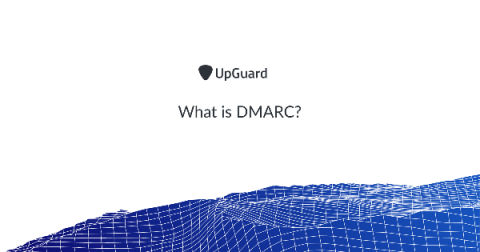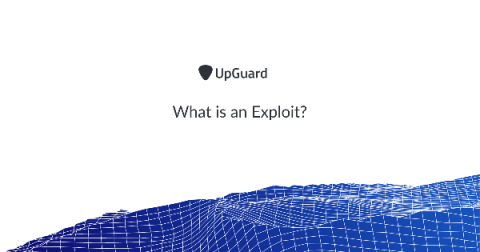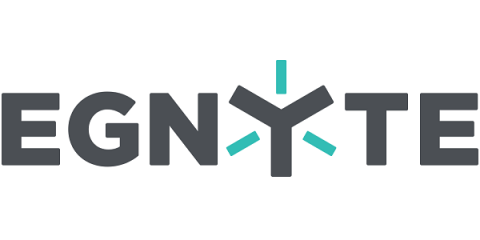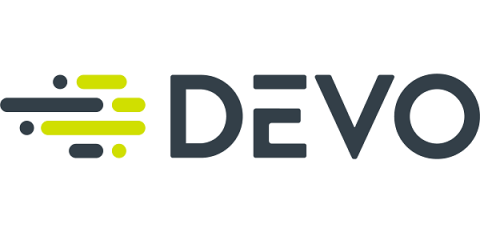What is DMARC?
DMARC (Domain-based Message Authentication, Reporting & Conformance) is an email authentication protocol designed to protect your organization's email domain from being used in email spoofing. Email spoofing is often used for social engineering attacks like business email compromise attacks, phishing or spear phishing emails, emails scams and other cyber attacks.









